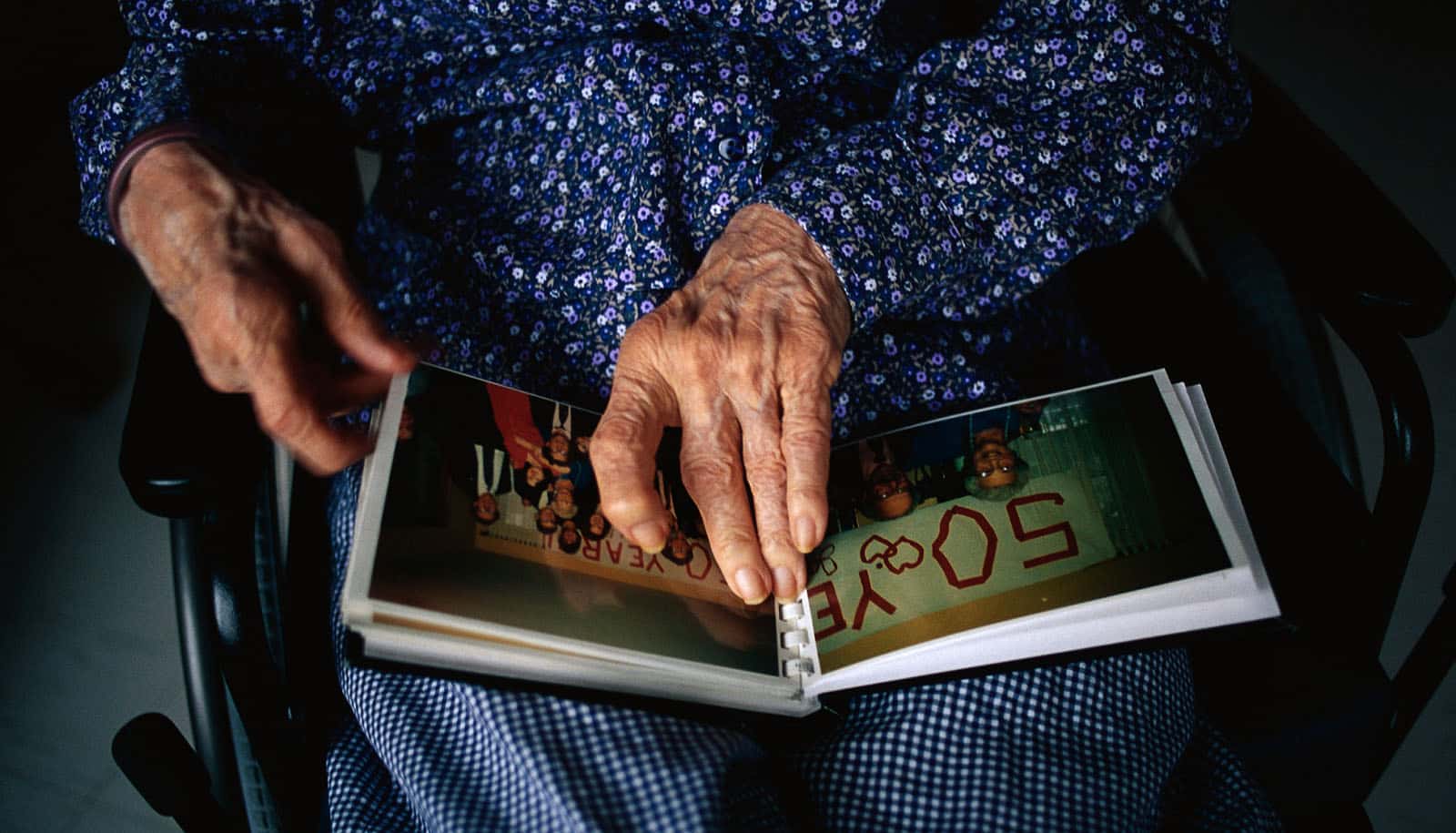Nearly one in 10 Americans over 65 has dementia, according to the first nationally representative study of cognitive impairment in more than 20 years.
The study also finds that another 22% have mild cognitive impairment. People with dementia and mild cognitive impairment are more likely to be older, have lower levels of education, and to be Black or Hispanic. Men and women have similar rates of dementia and mild cognitive impairment.
Although dementia and mild cognitive impairment are known to be common in the United States, accurate, up-to-date measures of their national prevalence were scarce.
“Because the HCAP study is part of the nationally representative and long-running Health and Retirement Study, these data not only show the burden of dementia now, but will be used in the future to track the trends in dementia burden in the decades ahead,” says study coauthor Kenneth Langa, professor in the University of Michigan Medical School, and a research professor in the Institute for Social Research, and Veterans Affairs Ann Arbor Healthcare System.
“Following those trends will be especially important given the likely impact of COVID and other recent population health changes on the risk for dementia in the coming decades.”
The study appears in the journal JAMA Neurology.
Increase in longevity, increase in dementia
Researchers based the study on data on 3,500 individuals in the Harmonized Cognitive Assessment Protocol (HCAP) Project, part of the University of Michigan’s nationally representative Health and Retirement Study (HRS). Between 2016 and 2017, each participant completed a comprehensive set of neuropsychological tests and in-depth interviews, which were used to develop an algorithm for diagnosing dementia or mild cognitive impairment.
Rates of dementia and mild cognitive impairment rose sharply with age: 3% of people between 65 and 69 had dementia, rising to 35% for people aged 90 and over.
“Such data are critical for understanding the causes, costs, and consequences of dementia and mild cognitive impairment in the United States, and for informing policies aimed at reducing their impact on patients, families, and public programs,” says lead author Jennifer J. Manly, a professor of neuropsychology in neurology at Columbia University.
“With increasing longevity and the aging of the Baby Boom generation, cognitive impairment is projected to increase significantly over the next few decades, affecting individuals, families, and programs that provide care and services for people with dementia.”
The economic impact of dementia, including unpaid family caregiving, is estimated to cost $257 billion per year in the United States and $800 billion worldwide.
Disparities
Unlike previous large studies of dementia in the United States, participants in the new study are representative of older adults, and the researchers could examine differences in the national prevalence of dementia and mild cognitive impairment by age, race and ethnicity, gender, and education.
The data show a disproportionate burden of dementia among older adults who self-identified as Black or African American, of mild cognitive impairment among older adults who identify as Hispanic, and both categories of cognitive impairment among people who had fewer opportunities to obtain education.
“Large, diverse and nationally representative population studies are essential to identifying the kinds of disparities shown here,” says David Weir, a research professor at ISR’s Survey Research Center, the principal investigator of the HRS, and coauthor of the current study.
“This study caps over a decade of development of methods to bring robust diagnostic tools out of the clinic and into the population.”
Additional coauthors are from Brown University, the University of Michigan, and the Veterans Affairs Center for Clinical Management Research, Ann Arbor. The National Institute on Aging funded the work.
Source: University of Michigan via Columbia University



